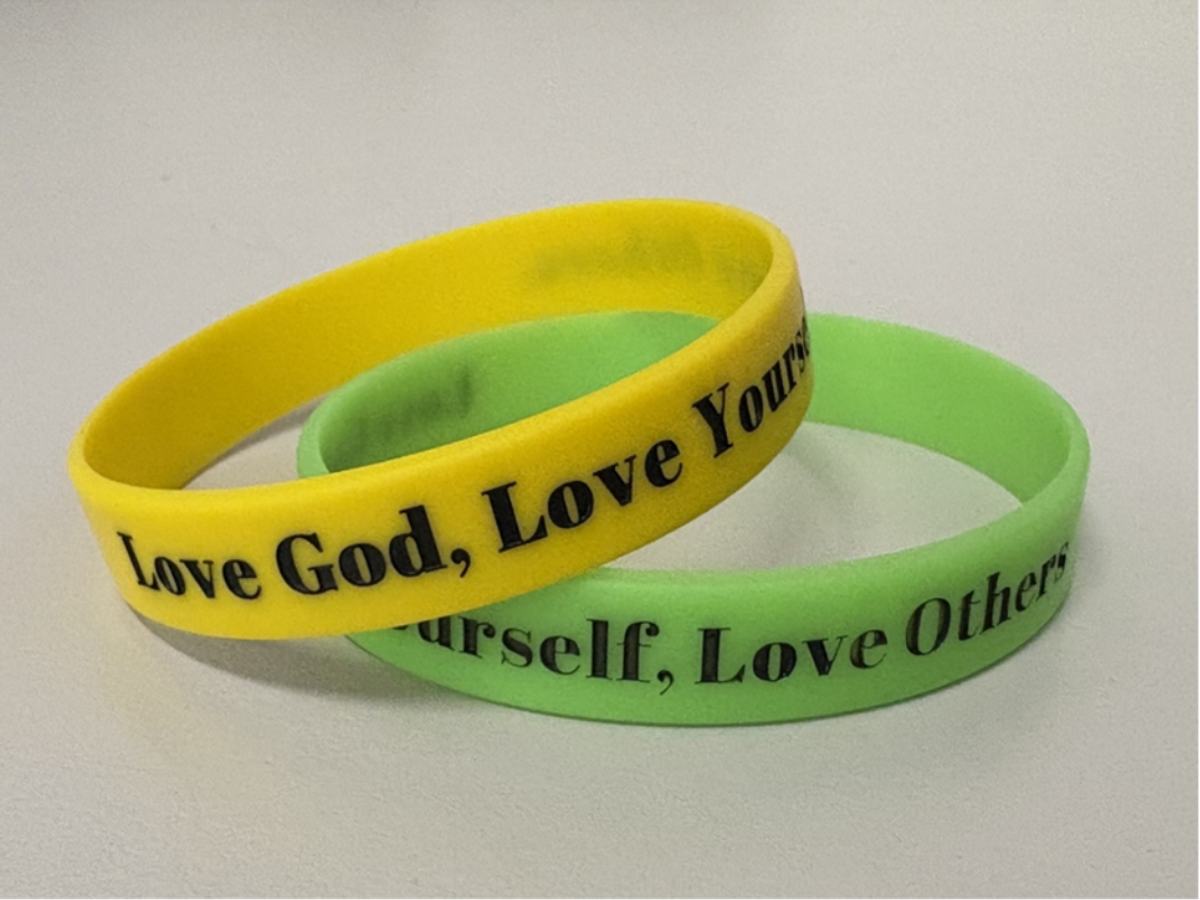Editorial
Love God, Love Yourself, Love Others

Editorial
Love God, Love Yourself, Love Others
In a world that often encourages us to chase success, comparison, or recognition, it’s refreshing—and essential—to pause and remember what truly matters. When Jesus was asked by the Pharisees which commandment was the greatest, he replied:
“‘Love the Lord your God with all your heart and with all your soul and with all your mind.’ This is the first and greatest commandment. And the second is like it: ‘Love your neighbour as yourself.’” — Matthew 22:37–39
Jesus explained that all the commandments hang on these two: loving God and loving others as we love ourselves.
Adolescence is a time of immense change and growth. Each student’s journey is unique, shaped by their experiences, relationships, and the world around them. In Year 8, we encourage students to focus on a simple, yet profound idea drawn from this passage: Love God, Love Yourself, Love Others. Early in the year, each student receives a wristband with this phrase as a daily reminder of that focus.
It is a privilege to work in a Christian school where we can speak these truths into our students’ lives. Our hope is that each young person comes to understand the incredible love God has for them—and, in turn, develops a growing love for God.
We know that sometimes, especially in adolescence, loving others can be difficult. Friendships change, misunderstandings happen, and insecurities surface. That’s why 'Love Yourself' holds a central place in this message. When students begin to see themselves the way God sees them—as loved, valued, and created with purpose—it becomes much easier to show kindness, patience, and grace to others.
This focus also provides a helpful framework for navigating challenges. Whether facing a tricky relationship, a conflict, or simply a difficult day, students can return to these three truths. They serve as a compass for growth—spiritually, emotionally, and relationally.
Of course, we’re realistic enough to know that some wristbands may find their way to the back of a drawer. But maybe, just when a reminder is needed most, a student might rediscover it—perhaps on a tough day or during a moment of reflection—and remember the values it represents.
In the end, our deepest hope is that students leave Year 8 not just with knowledge, but with hearts that are learning to love well. To love God, to love themselves, and to love others—that is the kind of transformation that truly lasts.
Suzanne de Pyle
Year 8 Coordinator & Secondary Teacher

